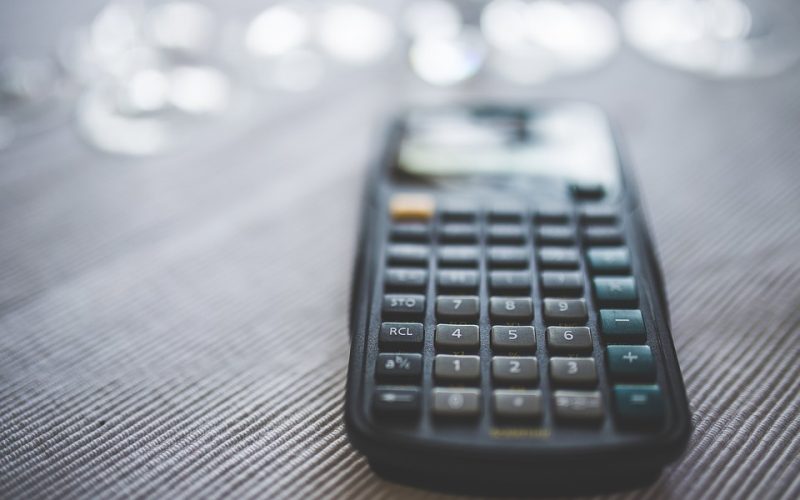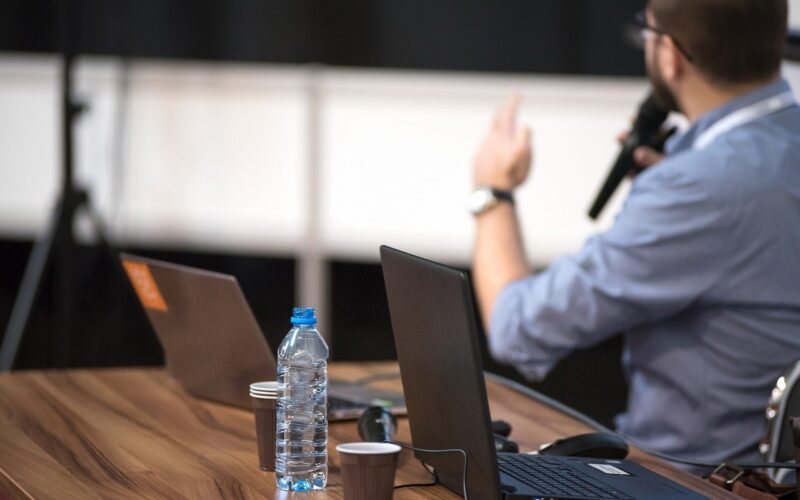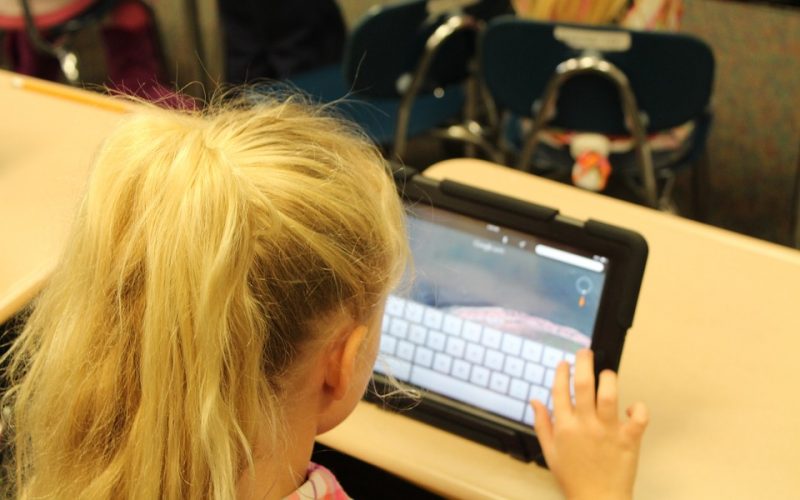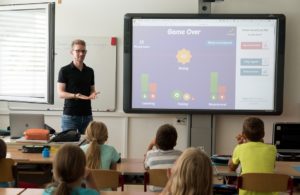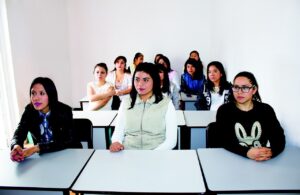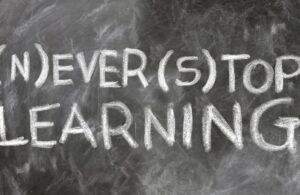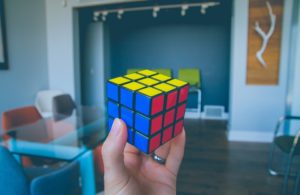It has long been important to teach young children how to do mathematics without the aid of a calculator or even their fingers. Modern educators, pressed between the needs of their students and the time they have to teach, are still trying their best to keep electronic devices out of schoolrooms. Phones and tablets have their own calculator functions, so it is becoming more difficult to control how students do their work. Rather than give up their fight, educators have adapted to the new situation. Young students might use their devices at home, but they will have few chances to use them when their teacher is present.
Many educators have seen the need to teach students, young and old, to function without an electronic device. To be effective, they have found they must confiscate them during class time. Students are hesitant to give up these handy helpers, so teachers have found ways to reward them for good behavior in giving up their devices as long as the class lasts. Parents might object, but it is best to teach students how to think rather than how to look up information on their devices.
Learning for the young often begins with songs and lessons on television, but they progress to school and find out some learning is difficult. It takes concentration and study to grasp the more complex subjects, and there are few songs that will help them. Teachers have been dealing with this situation since television first became used to babysit children, and the fight will continue for many years to come.
Electronic devices do have their uses, but basic education for the youngest students still involves learning difficult concepts and putting them together. Parents must learn also that their children are best served by putting away their devices and learning the old-fashioned way.
